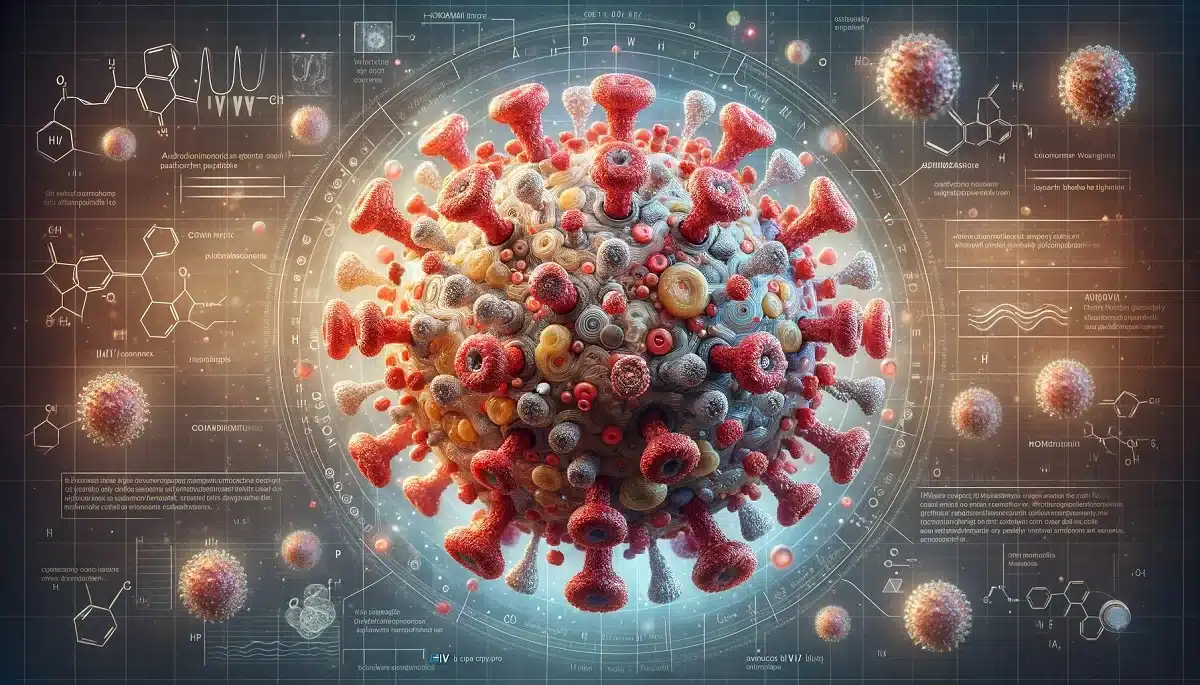An HIV test is a medical examination conducted to detect the presence of the Human Immunodeficiency Virus (HIV). This test is crucial for the early diagnosis and management of HIV infection, significantly impacting treatment and care. With the increasing number of people living with HIV, the importance of testing has escalated in terms of public health.

What is an HIV Test?
An HIV test identifies HIV antigens or antibodies in the blood. These tests can determine the presence and stage of the infection. Early diagnosis plays a vital role in managing and treating HIV, slowing the progression of the disease, and reducing the risk of transmission.
Types of HIV Tests
There are various forms of HIV tests available:
- Antibody Tests: Detect HIV antibodies in the blood of infected individuals.
- Antigen/Antibody Tests: More comprehensive tests that identify both antigens and antibodies.
- Nucleic Acid Tests (NATs): Directly detect the genetic material of HIV and are used in the early stages of infection.
Importance of HIV Testing
The importance of HIV testing is great not only for individual health, but also for public health. Thanks to early diagnosis, individuals can be directed to appropriate treatment and support services. This is a critical step to break the chain of transmission of HIV and control the spread of HIV in society.
Who Should Get an HIV Test?
Everyone, especially at-risk individuals, should get regular HIV testing. These groups include those with multiple sexual partners, intravenous drug users, and people who have previously had sexually transmitted diseases.
HIV Testing Process
The HIV testing process varies depending on the type of test. But usually, a blood sample is taken and tested by a healthcare professional. In some cases, results can be obtained within minutes using rapid tests.
What HIV Test Results Mean
- Positive Result: When HIV antibodies or antigens are detected, the test is considered positive and further testing is recommended.
- Negative Result: When HIV antibodies or antigens are not detected, the test is considered negative. However, if sufficient time has not passed between exposure and testing, retesting may be recommended.
Where can HIV testing be done?
There are many different places where you can get tested for HIV. Basically, testing can be done in healthcare facilities, testing centres, some community centres, or even at home using do-it-yourself kits. The most common and reliable options are:
- Health Facilities and Testing Centers: Hospitals, private clinics, sexual health clinics, and some community health centers offer HIV testing services. These facilities often offer comprehensive healthcare services and may provide counseling and treatment guidance based on test results.
- Anonymous and Free Testing Options: Many countries offer anonymous and free HIV testing services to encourage people to learn their HIV status. Such services protect individuals’ privacy and ease the financial burden of testing. Anonymous testing centers allow a person to get tested without revealing their identity.
Counseling After HIV Testing
HIV testing can have a huge impact on individuals, especially when the result comes back positive. Therefore, it is important to provide appropriate support and counseling services based on the test results:
- Post-Test Support Services: Regardless of the test result, many healthcare organizations offer post-test counseling services to individuals. These services include explaining what test results mean, providing emotional support, and making referrals for additional tests or treatments as needed.
- What to Do When You Get a Positive Result: For people who test positive for HIV, it is critical to clearly define the next steps. This often means learning to live with HIV, evaluating treatment options, and making referrals to support groups.
HIV Testing and Privacy
It is essential to protect the privacy of individuals when testing for HIV:
- Confidentiality of Testing: HIV testing and its results must be handled in a manner that protects the patient’s privacy. People who get tested must be informed about who the results will be shared with and their consent must be obtained.
- Protection of Personal Data: Healthcare organizations implement strict protocols to protect the personal data of people who undergo HIV testing. This is critical to prevent test results from falling into the wrong hands and to ensure individuals’ privacy.
Misconceptions and Facts About HIV
There are many misconceptions about HIV testing. These misconceptions can cause people to hesitate to get tested and represent a significant obstacle in the fight against HIV. Here are some common misconceptions and facts that disprove them:
- Misconception: If I don’t have any obvious symptoms, I don’t need to get tested for HIV.
- Fact: HIV symptoms may not appear for years. HIV testing is the only reliable way to detect the presence of infection.
- Misconception: Testing for HIV is complicated and painful.
- Fact: Most HIV tests are done with a simple blood test or oral swab and provide rapid results.
- Misconception: If it is found out that I am HIV positive, I will be ostracized by society.
- Fact: Many people living with HIV lead full and productive lives thanks to supportive communities and family members. Education and awareness are important to combat stigma and discrimination.
Living with HIV
Living with HIV means something much different than it did in the past. Today, HIV-positive individuals can live long, healthy lives thanks to effective antiretroviral treatment:
- Quality of Life: Modern HIV treatments significantly reduce the impact of the virus on the body and protect the immune system. This improves the quality of life of HIV-positive individuals and allows them to live a long life.
- Support and Treatment Options: Individuals living with HIV can benefit from a variety of resources to manage their treatment plans, receive emotional support, and maintain a healthy lifestyle. Health care providers, support groups, and community-based organizations play important roles in this process.
Living with HIV is no longer the end, it is a manageable situation. Thanks to effective treatment and support systems, HIV-positive individuals can lead active and meaningful lives. These facts can help clear up misconceptions about HIV and offer hope and support for individuals living with this condition.
Common Questions and Answers About HIV Testing
How long does it take for an HIV test to yield results?
- While some rapid HIV tests can provide results in just 20 minutes, laboratory tests can take several days.
Is there any special preparation required for HIV testing?
- Usually, no special preparation is needed for HIV testing; However, your healthcare provider may give special instructions.
Can HIV testing be done anonymously?
- Yes, anonymous HIV tests are available in many places and can be done without revealing the person’s identity.
Is it safe to take an HIV test?
- Yes, HIV tests are completely safe and are performed by healthcare professionals under sterile conditions.
What does a positive HIV test result mean?
- A positive HIV test result indicates that the individual is infected with HIV, in which case a healthcare professional should be consulted immediately.





